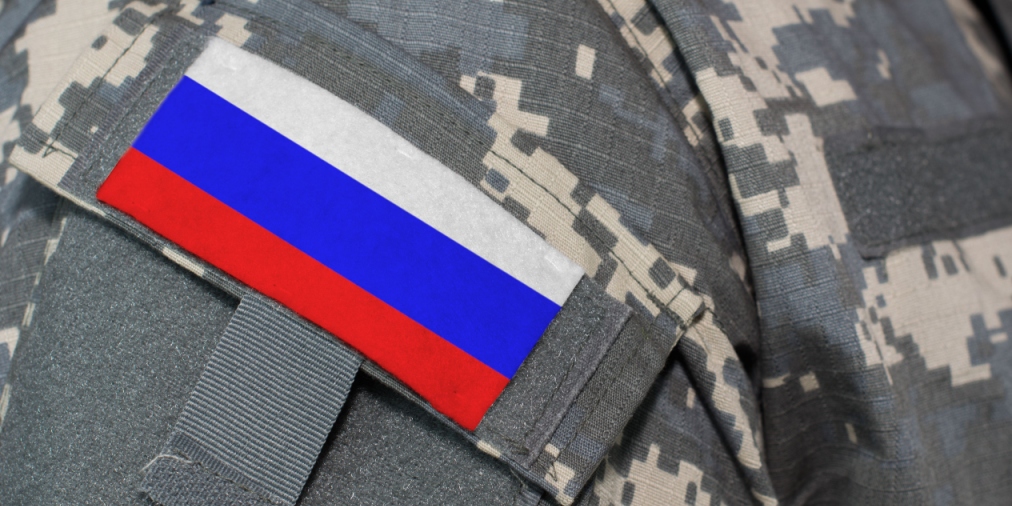German expert warns of NATO collapse if Estonia is attacked
Others are reading now
German expert warns of NATO collapse if Estonia is attacked
Could russia attack Estonia in 2028?

As reported by o2.pl, Newsweek quotes German political scientist Carlo Massala, who warns that Russia could invade Estonia by 2028 — if it wins the war in Ukraine. In his book If Russia Wins:
The Scenario, Massala outlines a chilling vision of European instability should Moscow secure a decisive victory and Ukraine be forced into neutrality.
A Russian victory could shift europe’s balance
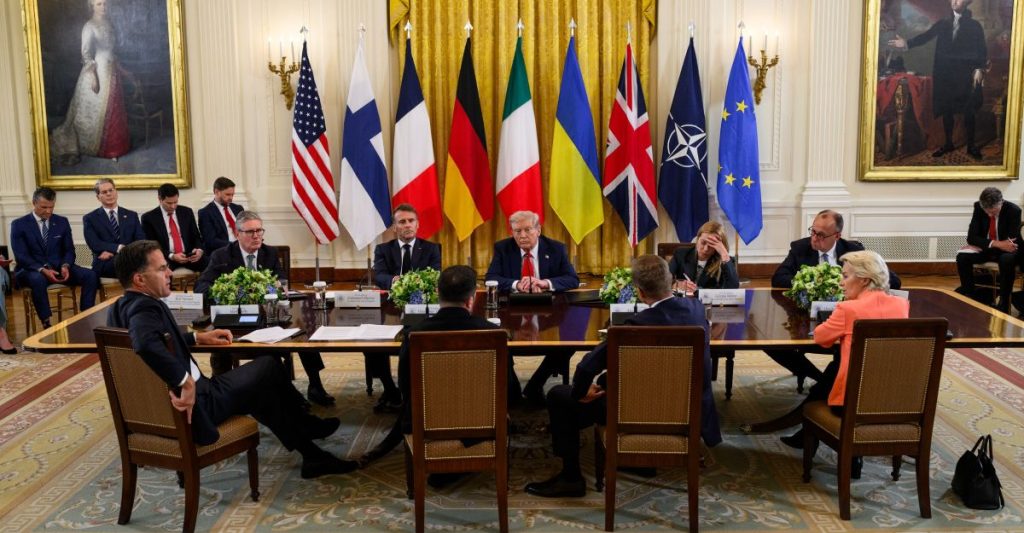
According to o2.pl’s summary of Carlo Massala’s book, if Russia successfully secures Crimea, Donbas, Kherson, and Zaporizhzhia, and Ukraine accepts military neutrality, the geopolitical balance in Europe could tilt sharply.
Massala warns that further escalation would likely depend on Donald Trump’s unwillingness to defend Europe, combined with the continent’s own lack of defensive capacity.
Also read
Estonia as a first target
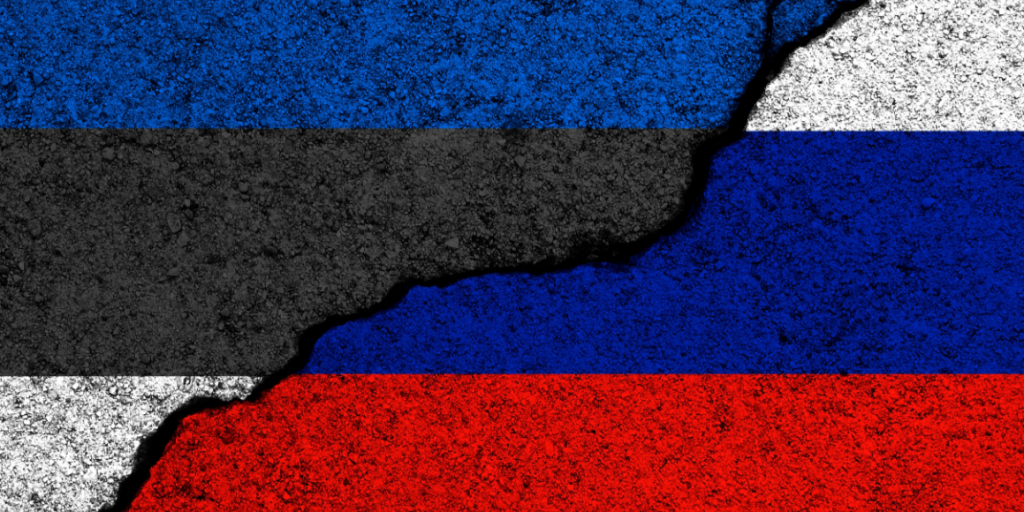
As reported by o2.pl, citing Newsweek’s coverage of Massala’s book, the first target in this scenario would be Narva, a border town in Estonia inhabited mostly by ethnic Russians.
The invasion, justified by claims of “oppression,” would begin on March 27, 2028. Massala also suggests Russia could seize the strategic Estonian island of Hiiumaa in the Baltic Sea shortly afterward.
A test of nato’s resolve
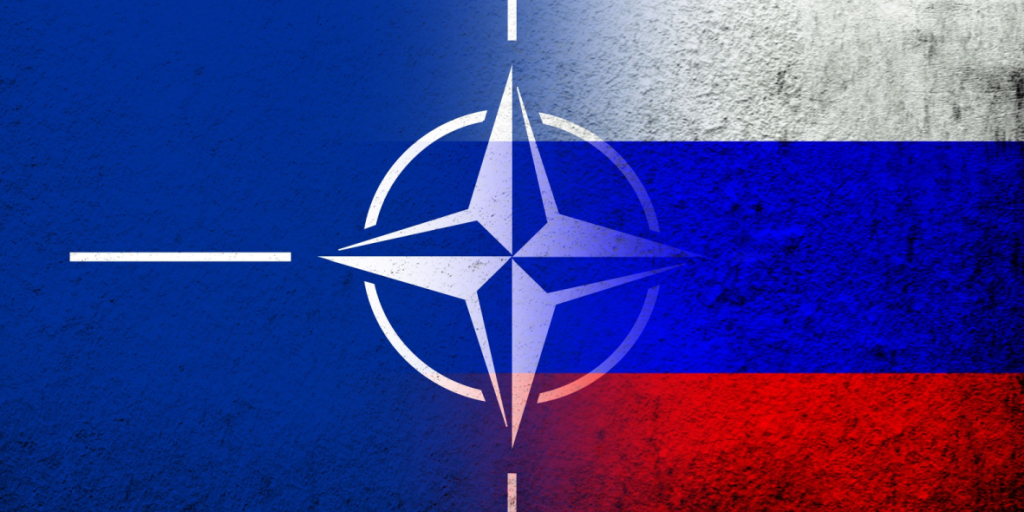
“If Article 5 isn’t triggered in this case, then NATO will collapse,” Massala writes, according to Newsweek, as quoted by o2.pl.
He stresses that Putin’s goal isn’t to resurrect the Soviet Union, but to politically dominate Europe — particularly the eastern region.
Early warning signs already visible
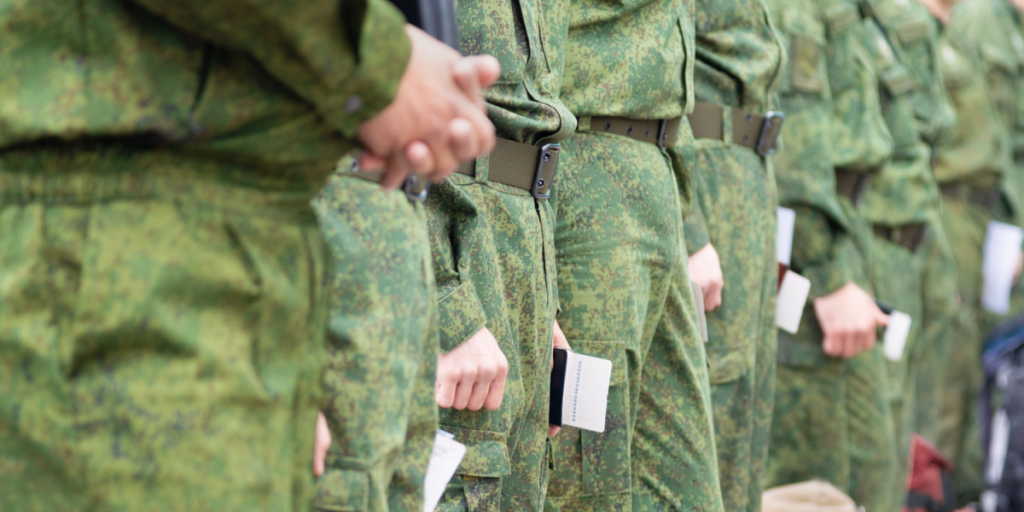
According to o2.pl, the Institute for War Studies has recently reported sightings of “little green men” — unmarked, armed Russian personnel — near the Estonian border.
Also read
Analysts warn this may indicate the Kremlin is preparing for conflict in a similar fashion to how the Ukraine invasion began.

